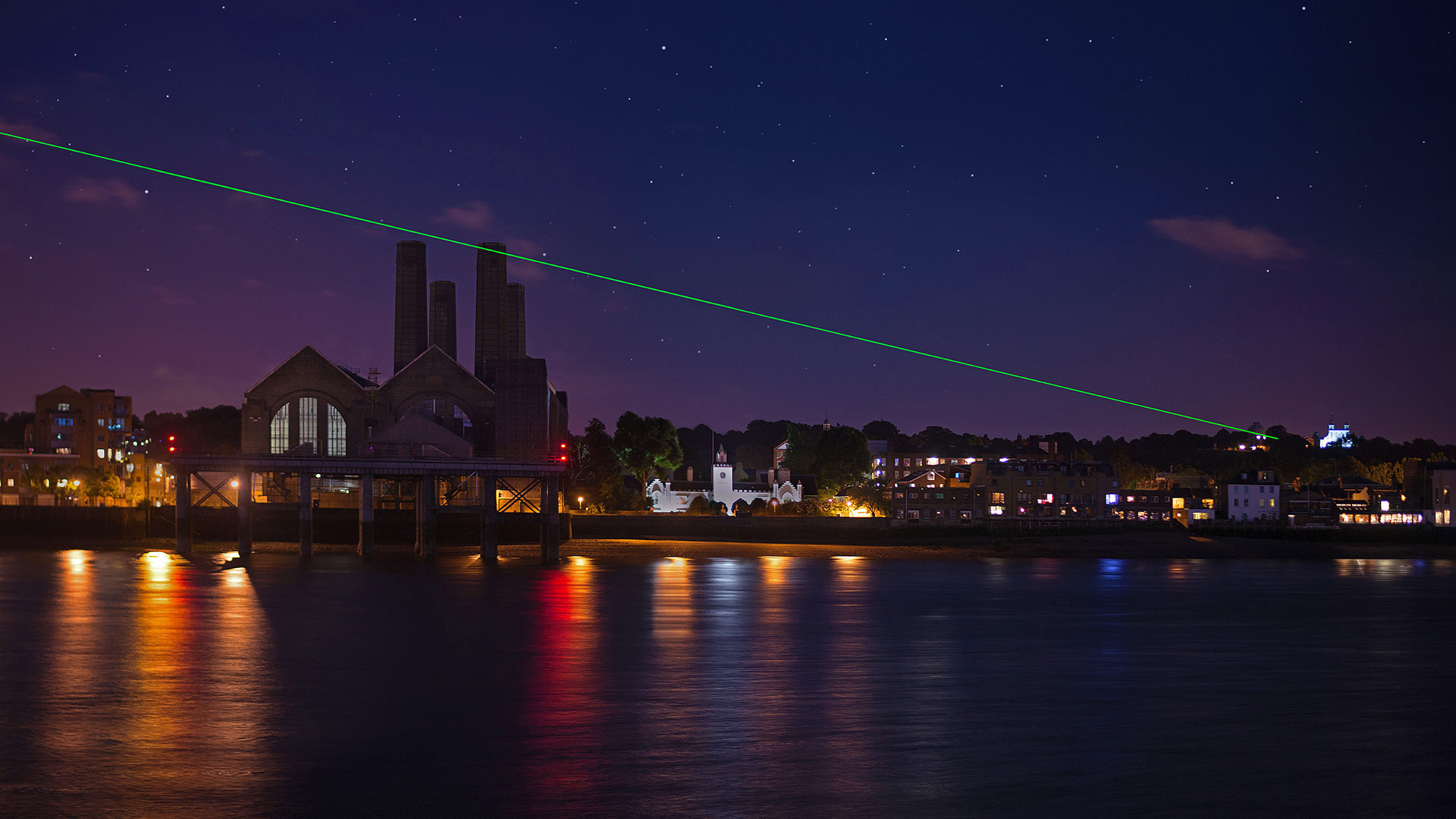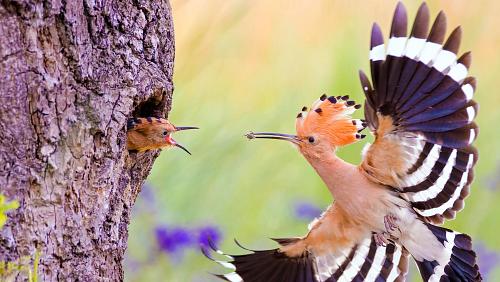World War II was a time of great heroism and sacrifice, and one group of unsung heroes who played a crucial role in the war effort were the aviators. These brave men and women put their lives on the line to fly planes in dangerous missions, providing vital support to the Allied forces and helping to turn the tide of the war.
During World War II, aviation technology had advanced significantly, and airplanes played a key role in both combat and logistics. Aviators were responsible for a wide range of tasks, from providing air support for ground troops to conducting reconnaissance missions and bombing enemy targets. They often flew in perilous conditions, facing enemy fire, adverse weather, and mechanical failures.
One of the most well-known groups of aviators from World War II were the Tuskegee Airmen, the first African American military aviators in the United States Armed Forces. Despite facing racism and discrimination, these courageous pilots fought with distinction, flying thousands of combat missions and earning numerous awards and commendations. Their bravery and skill helped to pave the way for greater racial equality in the military and society as a whole.
Another group of unsung heroes were the Women Airforce Service Pilots (WASPs), who played a crucial role in transporting planes, conducting test flights, and towing targets for anti-aircraft gunnery practice. Despite not being recognized as military personnel at the time, these women made significant contributions to the war effort and demonstrated their dedication and skills as aviators.
Aviators also played a key role in the Battle of Britain, where British and Allied pilots fought in the skies over England to defend against German air attacks. The bravery and skill of these aviators helped to prevent a German invasion and maintain the morale of the British people during a critical time in the war.
In addition to combat missions, aviators were instrumental in conducting strategic bombing campaigns against enemy targets, including military installations, industrial facilities, and transportation infrastructure. These bombing raids played a crucial role in disrupting the enemy’s war effort and ultimately contributing to the Allied victory.
The sacrifices and contributions of aviators in World War II cannot be overstated. Their bravery, skill, and determination were essential to the Allied victory and the eventual defeat of the Axis powers. As we remember the heroes of World War II, let us not forget the unsung aviators who risked their lives in the skies for the freedom and security of future generations. Their legacy lives on as a testament to the courage and selflessness of those who served in the air during one of the most pivotal moments in human history.







